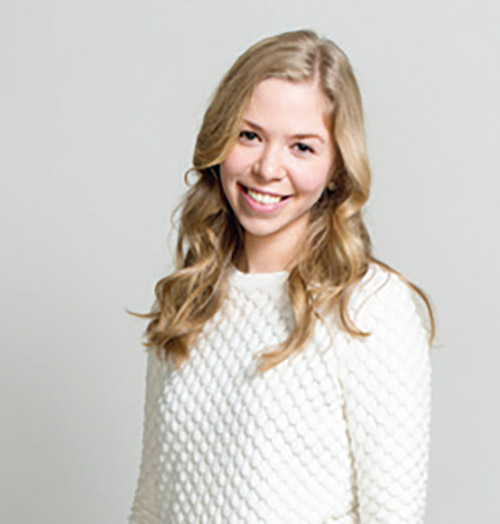
When I was a child and adolescent my family went away for Pesach to Miami each year. I recall, as a teenager, walking the boardwalk over the holiday and feeling astounded by just how friendly people were; strangers would smile, wish me “Chag Samaech,” and overall have a pleasant and carefree attitude. Now, this was a time of vacation when much of the east coast traveled down for some fancy desserts and palm trees. Even so, there was a level of acceptance that the Jewish community—even while planning and wearing designer outfits—would enjoy the holiday and simply be nice.
I returned from those holiday vacations—the highlight of my year—and I noticed how different things felt with regard to initial social interactions. To be clear, I am in no way targeting or bad-mouthing a specific community or people. Rather, it was a feeling I experienced wherever I went; this apprehension and at times experience of curiosity or judgment from others.
I would go to camp and feel like each time I walked in the room or met someone new there was a moment of being “scoped out”; I received “the look.” The look of an individual assessing my outfit, my hair, making judgments based on my appearance. Now, this does not mean that the person giving me this look was unkind or unfriendly—it is very possible we would go on to be great friends. But still, it was almost a right of passage that entering a new place included someone there looking me up and down, assessing certain aspects of my personality or religion based on how I dressed, walked or held myself.
I suppose I have grown accustomed to this look, this experience of feeling as I am being assessed. But recently, I’ve thought more and more about it as I’ve visited new places. When I speak in front of a crowd of 100 I expect that when I stand up people will notice my appearance, my size, my posture—especially as my program topics are often related to body image, acceptance and at times my history with an eating disorder.
I have spent many years identifying, forming and building an armor; I am able to process my relationship with my body and size and understand its value and more importantly, my value as a whole—as a human. I went through so many highs and lows not only around body image and how this was influenced by my eating disorder, but around identifying what was causing my rumination, rigid thinking and obsession around food and weight. I processed the deeper issues and learned to change my behaviors—this took years—and unpack my emotional experience that was being translated into symptoms around my body. And even so, it still feels sharp—like a sting—when I walk into a grocery store, doctor’s office or shul and feel as if I am being assessed.
That sting is a reminder of my humanness. That while I accept all of myself, I am still perpetually growing and “self-actualizing” and that I am a sensitive, self-conscious adult who at times feels transported to my lonely, depressed, junior-high school self. And that sting is just that—a small wound. I have been blessed to be able to use my journey and have access to the care I needed to get to the place that I’m in today.
But what about the others? What about the individuals who experience this sting as a full on wound? The individuals—boys, girls, men, women—who feel self-conscious about knowing that they may be judged and therefore question who they are, how they look and whether or not they will be accepted. What about individuals who do the “looking” who are likely doing so from their own place of wounds?
I believe that it is time we take a moment to pause and reflect on how we perpetuate this process and also how we experience these wounds. It is important that as a community we build up one another by offering a friendly smile and kind word. The impact of doing so can alter not only someone’s day but someone’s mindset. We must also reflect on how we engage in judgment of others and identify room for growth and change. If we come together and practice openness we will allow for safety and acceptance and overall connection. Connection is a key part of our lives not only in this community, but as humans who push through obstacles, as humans who celebrate and as humans who need support. So this week, take a moment when walking to smile at a stranger to look others in the eye, not with the up and down sweep at their overall appearance. Take a moment to connect and know that by doing so, you might be making a major difference.
By Temimah Zucker, LMSW
Temimah Zucker, LMSW is the assistant clinical director of Monte Nido Manhattan and also works in private practice primarily with clients struggling with issues related to mental health, eating disorders and body image. Temimah also speaks around the country on these subjects and has dedicated her work toward awareness and advocacy—specifically within the Jewish community. To learn more, visit www.temimah.com.









